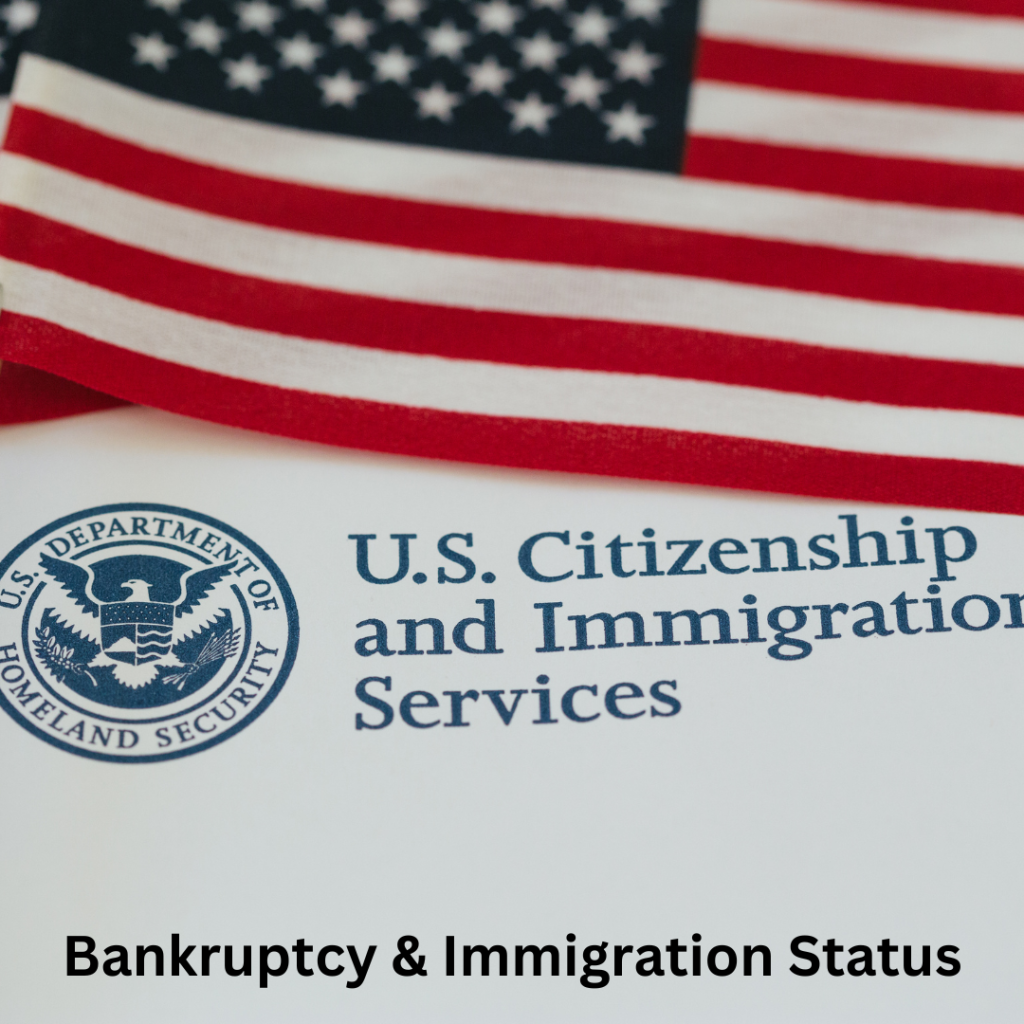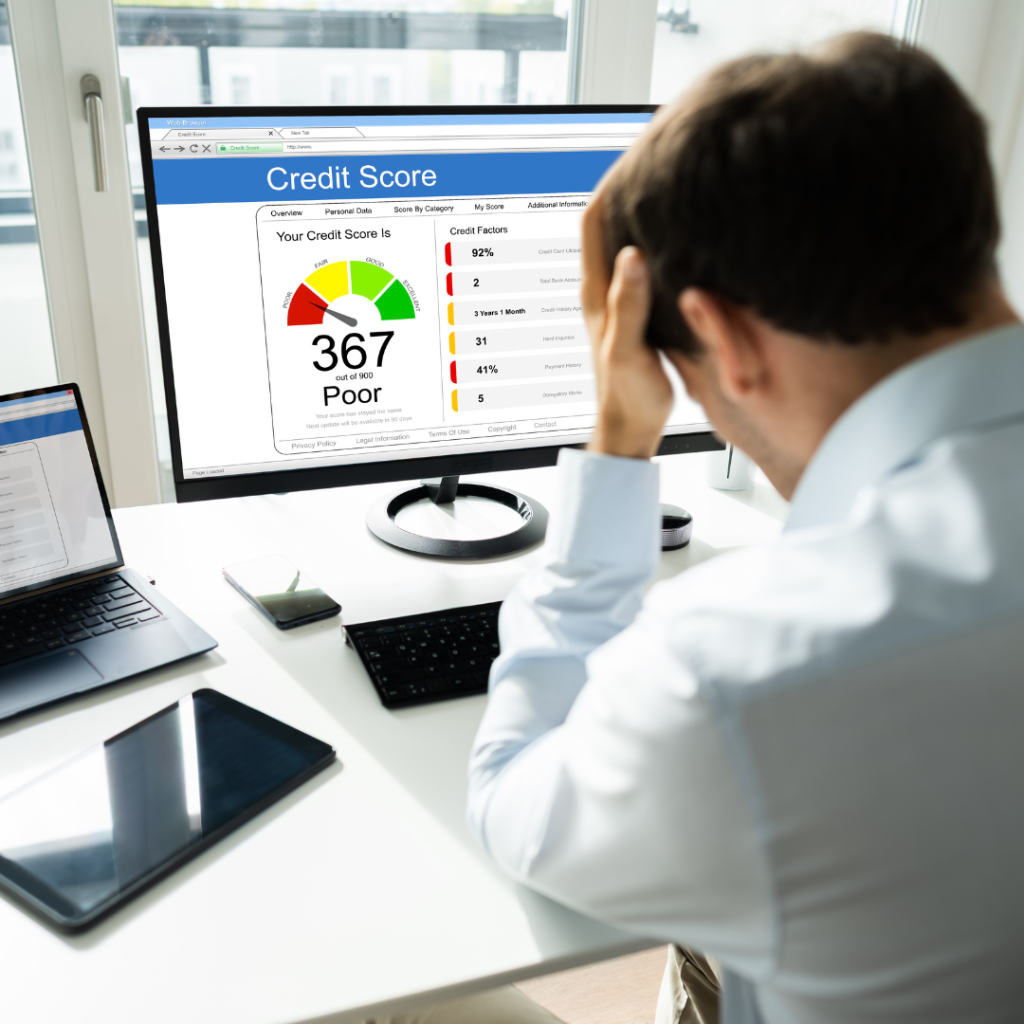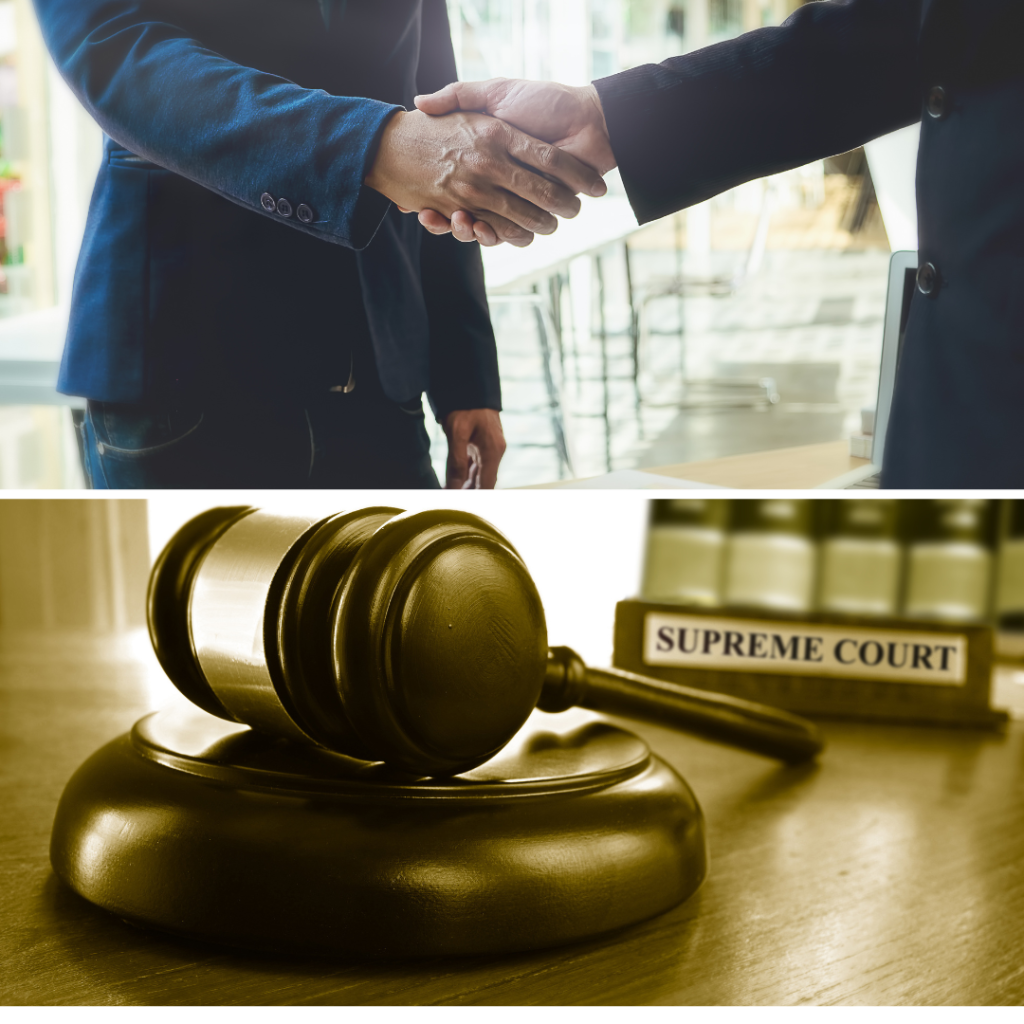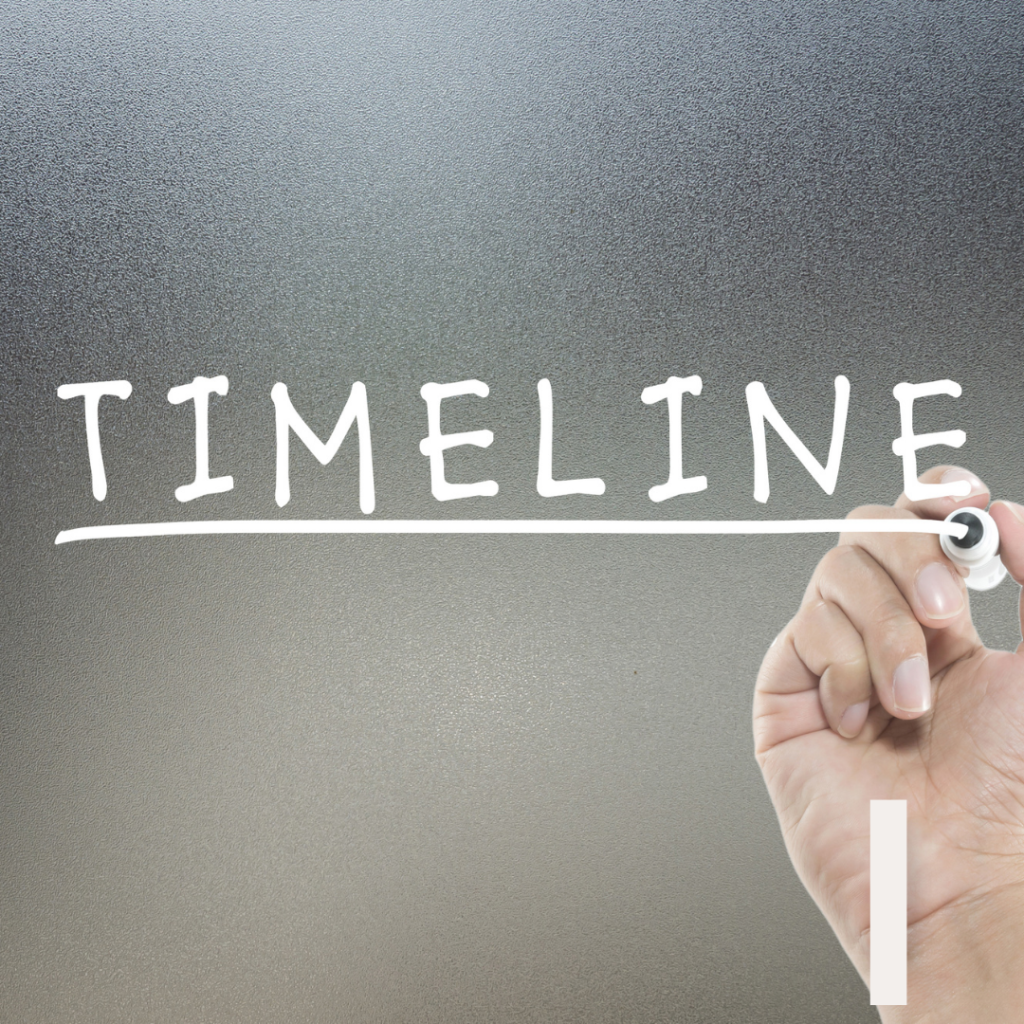A lot of people I speak to tell me all the time that bankruptcy is not for them. This is often due to the numerous misconceptions about bankruptcy that you hear about, on tv, from your family, or on social media. Media and your friends may tell you that bankruptcy will ruin your credit or make it impossible to own a home, but this is not true. For those that need it, bankruptcy is a legal tool that can help someone improve credit, recover from financial hardships, and work towards improving financial health so goals like home ownership can be attained.
The other frequent misconception I hear, is that bankruptcy is just for those with businesses, or with valuable assets that need to be protected. In truth, there are bankruptcy options for the average person.
Here are the two common bankruptcy types for the average person:
Chapter 7 Bankruptcy
Chapter 7 bankruptcy is the most common way to get out of debt because it’s fast and simple. In this case, the entire reason for filing is obtaining a discharge, which is a court order that states you are no longer responsible for most debts. Dischargeable debt includes credit cards, medical bills, loans, and the vast majority of an individual’s debt.
In this chapter, the filer must disclose all of their assets, such as a house, car, furniture, etc. along with their values. The assets can be protected with available exemptions, but if something cannot be fully protected, that item can be sold or liquidated, with the proceeds going towards the debts owed. Luckily, for most chapter 7 filers, everything can be fully protected when done right. It’s best to hire an attorney to ensure the proper exemptions are used.
A typical Chapter 7 case, in which all assets are fully protected, will take about 3.5 to 4 months from filing to the case being closed with a discharge.
Chapter 13 Bankruptcy
Chapter 13 Bankruptcy is used by individuals who make too much money and do not qualify for Chapter 7, and by individuals who need to catch up on repaying a debt, such as a mortgage.
The Chapter 13 Filer will propose a payment plan based on a number of factors, including their household budget, to pay a percentage of their debt over three to five years. After all payments have been made under this plan term, most remaining debt will be discharged. For example, someone could propose a plan that pays 10% of their debt. If they owed $100,000, they would only need to pay a total of $10,000, and once all payments have been completed, they can discharge the remaining $90,000.
Most commonly, Chapter 13 is used to catch up on mortgage payments to prevent foreclosure. If you’re one year behind on your mortgage for instance, the mortgage company can institute foreclosure proceedings under the terms of the mortgage and Massachusetts law. However, if the person files a Chapter 13 bankruptcy, they can propose a payment plan that allows them to pay back the arrears, while maintaining their current mortgage payments, so at the end of the plan term they are current on the mortgage. Or Chapter 13 can be used to provide sufficient time to sell the house and obtain the equity, so it’s not lost in a foreclosure sale.
There are a lot of factors that must be considered in a chapter 13 bankruptcy. So, it is very important that anyone considering bankruptcy hire an attorney to ensure the case goes smoothly and accomplishes what you need.
If you have any questions about the different Chapters or are wondering if maybe one of these Chapters would help you, call our office today. You can speak with an attorney right away, by calling us at 508-655-3013.












